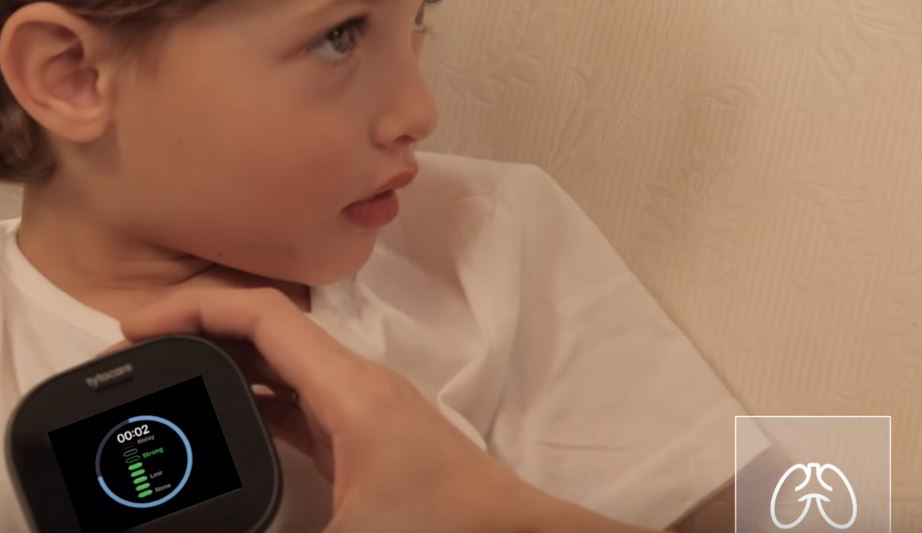Telehealth firm secures more cash to expand in China, Japan and US

Telehealth firm Tyto Care has secured additional funding to help with the launch of its technology allowing for remote medical examinations.
This latest $9 million funding round is an extension of an oversubscribed Series C round last year and brings the total funds raised to $33.5 million.
Strategic investors including Sanford Health, Itochu and Shenzhen Capital Group and affiliates have backed Tyto, which aims to use remote telehealth technology to improve access to healthcare and delivery in the US, Japan and China.
Tyto hopes the technology will be used with patients in densely populated regions of these countries, but also in rural US, Chinese and Japanese communities with limited access to clinicians and specialists.
The company’s product was approved in the US in 2017 and in Canada in 2018, and Tyto wants to build its presence in state health systems, telehealth companies, large private practices and employers.
Tyto said the funding will enable the company to grow and penetrate new markets beyond North America, including Asian and European markets.
Tyto Care’s technology is designed to enable a comprehensive medical exam from any location and include a hand-held modular tool for examining the heart, lungs, skin, throat, ears, and body temperature.
The platform allows sharing of exam data, video exams and visit scheduling, a clod-based data repository with analytics, and built-in guidance technology and machine learning algorithms to ensure accuracy and ease of use.
It can also be integrated with other e-health record systems and telehealth platforms.
Dedi Gilad, CEO and co-founder of Tyto Care, said: “This additional funding is a testament to the value of telehealth in the digital age, further enabling our unique solution to bring the best of remote, on-demand virtual care to consumers around the world.”
Chairman Zewang Ni of Shenzhen Capital Group, said: "We believe that telehealth will significantly improve the lives of Chinese consumers, whether they are parents with sick children at home, elderly patients facing chronic illnesses, or citizens living in remote areas with less access to medical care.”
Big pharma is also interested in the potential of e-health products in China: AstraZeneca has invested in a research base in the city of Wuxi and is investigating how Internet of Things technology could be used in conjunction with its medicines to improve patient care.













